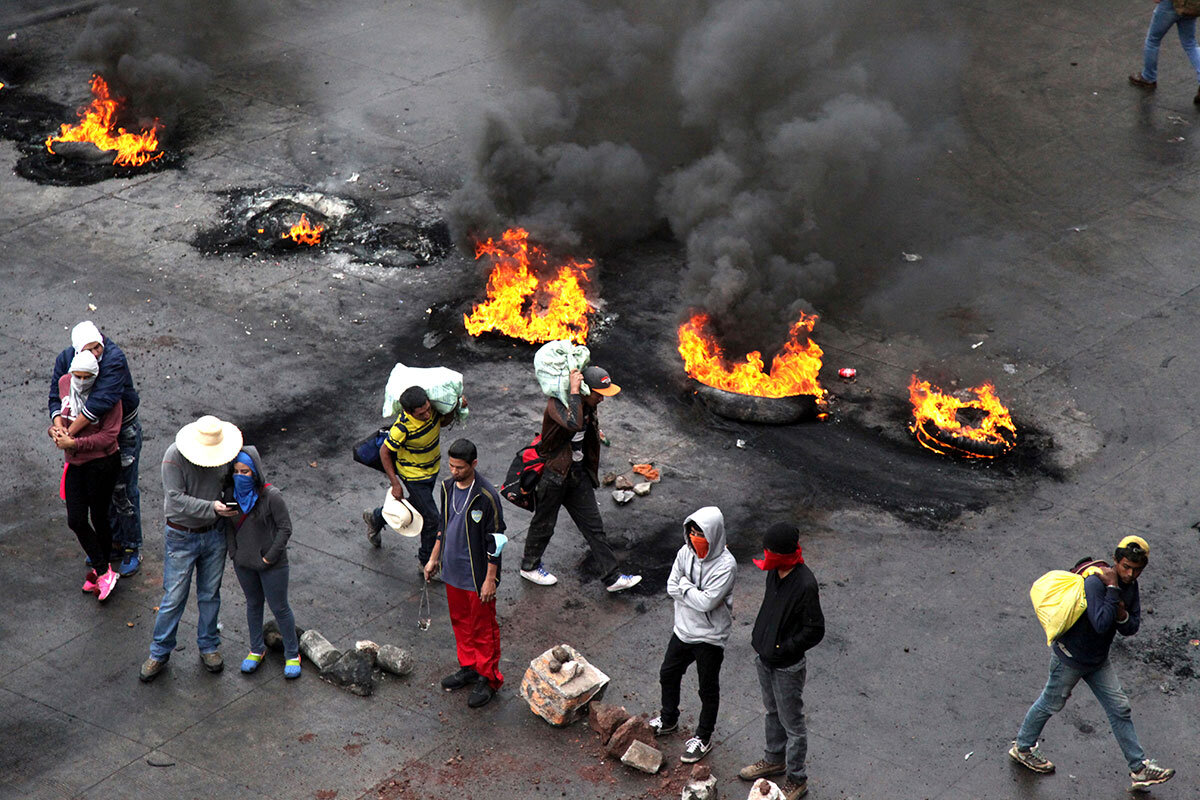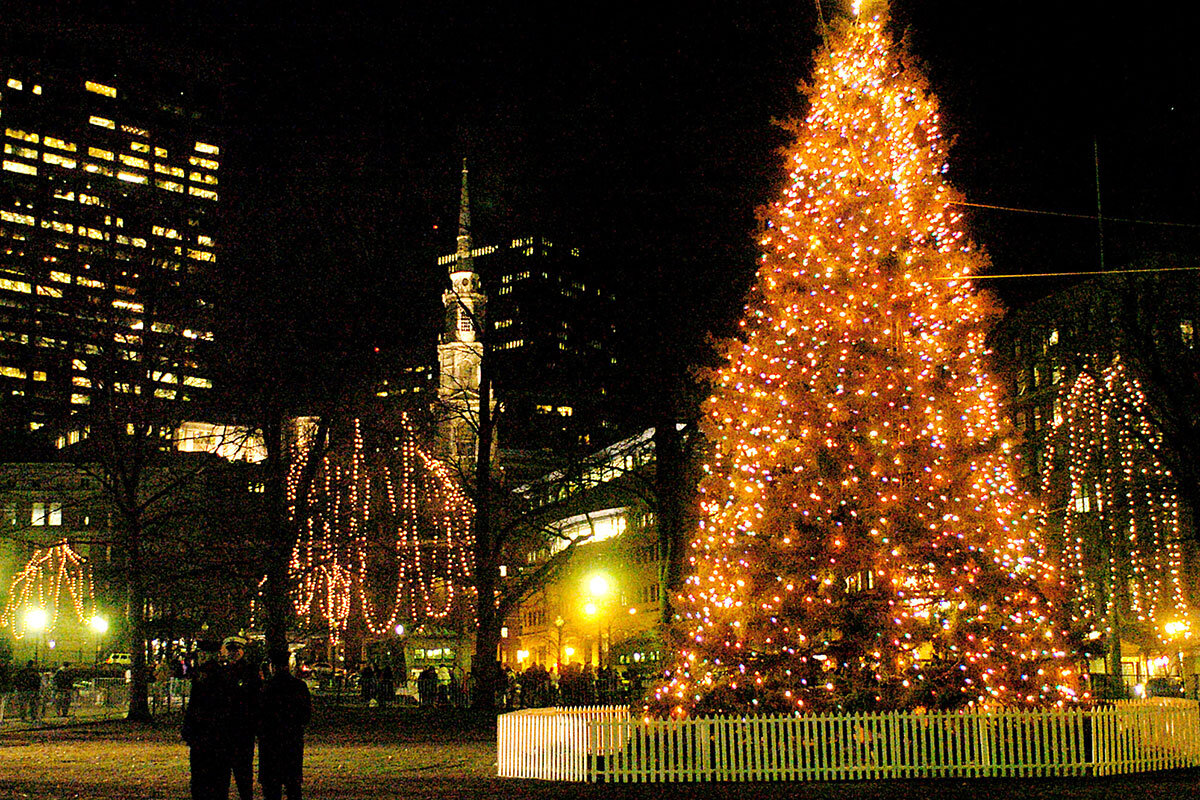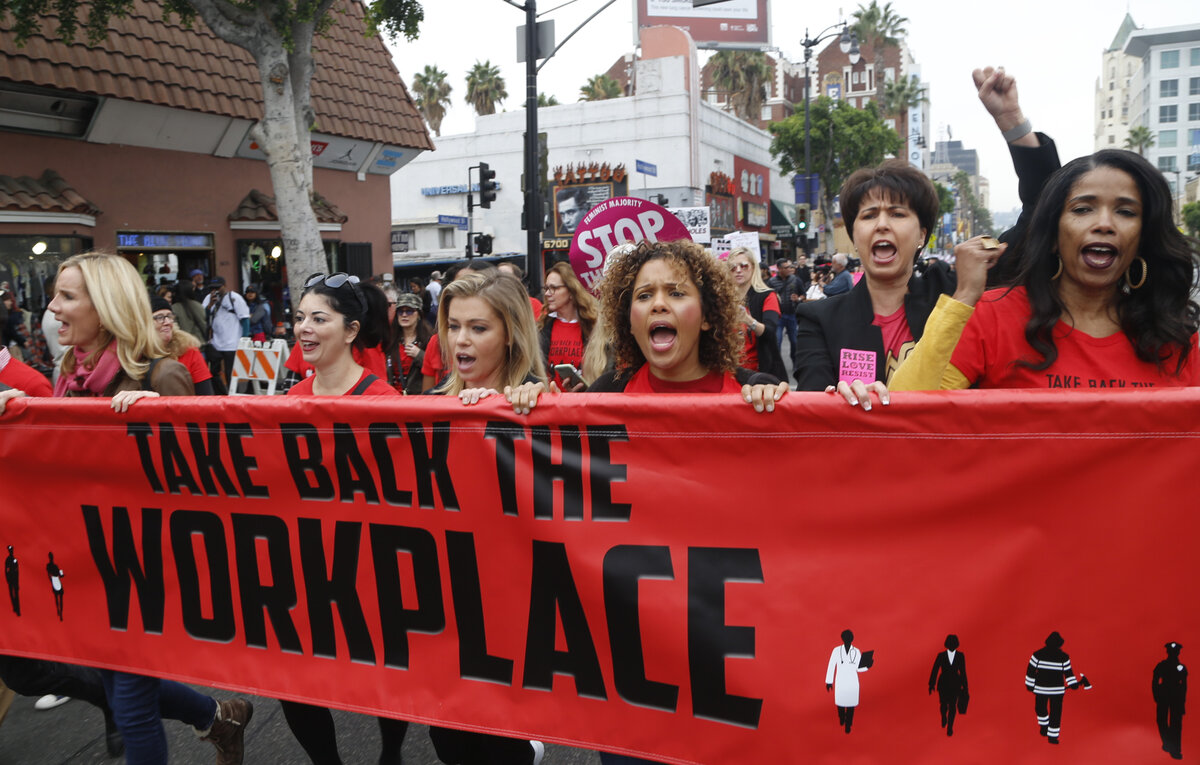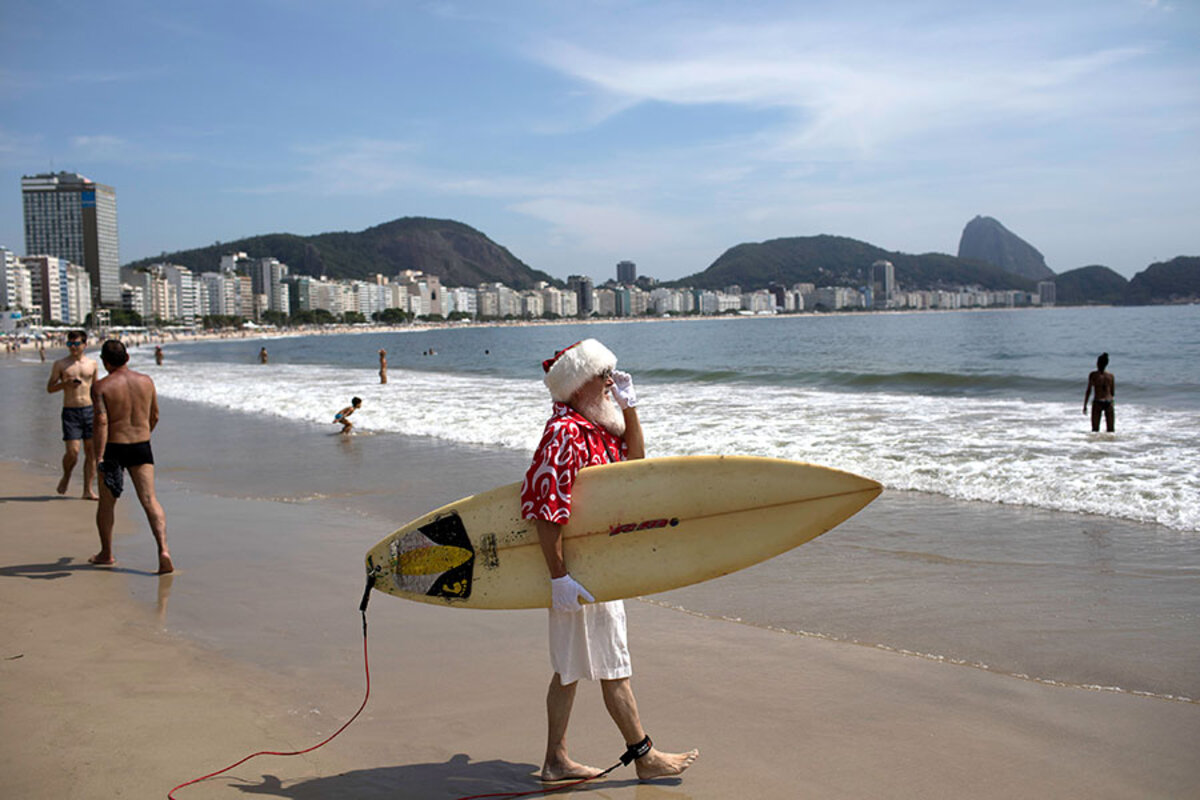Many countries have chosen to boost citizen confidence in the democratic process by posting election monitors. But another step may be equally important: having the courage to speak out when additional safeguards are needed.
Monitor Daily Podcast
- Follow us:
- Apple Podcasts
- Spotify
- RSS Feed
- Download
 Amelia Newcomb
Amelia Newcomb
What kind of a world is the older crowd handing to the next generation? It’s an age-old question, and it’s making the rounds among some heavy hitters in Silicon Valley concerned about the darker side of the social media world they’ve shaped.
We’ve all seen the positive power of the connectedness their inventions have given us. But there may be a counterforce at work as well. To quote a recent comment by Chamath Palihapitiya, a former Facebook executive: “I think we have created tools that are ripping apart the social fabric of how society works.”
And there's Tony Fadell, founder of Nest Labs, who said: “I wake up in cold sweats every so often thinking: What did we bring to the world?”
It’s a notable shift for a group that has long tuned out many of the concerns about social media – the bullhorn it hands bullies or hate groups, the ideological or social bubbles it forms, the corporate abuses it’s facilitated: This week, a union filed suit against US employers whose Facebook ads would show up only on younger viewers’ feeds.
So what’s driven it? One factor could be the move of some tech titans into parenthood. It gets attention when Mr. Palihapitiya, whose work used to involve getting more people to spend more time online, says his children get no screen time. That’s a nod to the need for new guardrails to allow kids a calibrated move into adulthood.
There's a Greek proverb that societies become great when old men plant trees whose shade they know they will never sit under. Maybe this social media conversation marks the planting of such a tree in Silicon Valley.
Now to our five stories for today. We'll look at efforts to defend democratic integrity in both Honduras and the United States. And we'll explain how an annual international Christmas gift to Boston came to be.










